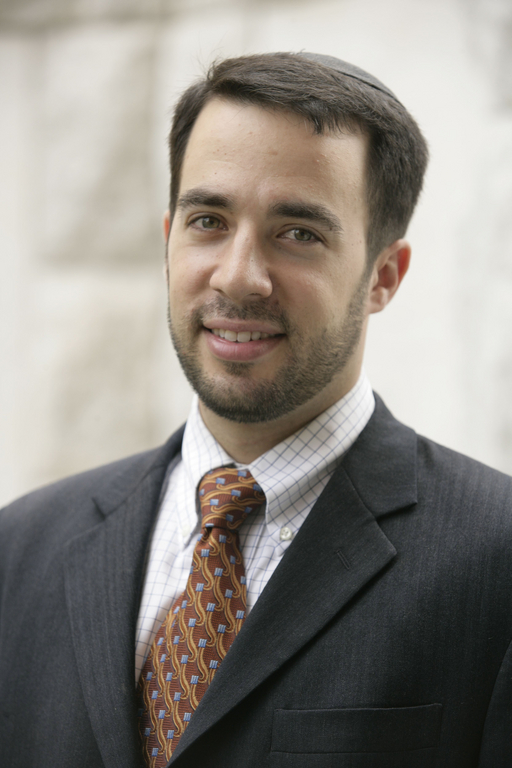Parshat Vayera: Prayer’s purpose
The prophet Malachi presents a scenario when the G-d-fearing public presents its goodness to G-d, in contrast to the wicked who felt it was worthless to serve G-d. “At that time, the God-fearing people spoke to one another. G-d listened and heard, and a scroll of remembrance was written at His command concerning those who fear God and those who meditate on His Name.” (Malachi 3:16)
Oddly enough, though the prophet records that a conversation took place, he does not record the conversation.
The Talmud (Brachot 6a) uses this passage as a foundation for the idea that two people who sit and share words of Torah merit to have the Divine Shechinah in their midst. The Gemara asks the question, “Why does the verse add the seemingly superfluous phrase regarding those who ‘meditate on His name’? Is it not enough to speak of those who fear G-d?” Rav Ashi clarifies, “If a person thought to do a mitzvah and was prevented from doing so, he is given credit for having done the mitzvah.” Therein lies the answer.
In his “Darash Moshe,” Rabbi Moshe Feinstein asks why G-d found the need to tell Avraham about S’dom. Even if Avraham would pray, G-d also knew that Avraham’s prayer would have no effect. S’dom was doomed, and not even Avraham could save it. True, his nephew Lot could be saved in Avraham’s merit, but this was apparently going to happen even without Avraham’s intervention.
Rav Moshe answers that G-d wanted Avraham’s prayers anyway. Avraham’s prayers were powerful and needed to be brought to the earth for a purpose – a purpose and design other than to save the doomed city.
To bring a similar example from the Talmud (Sanhedrin 44b), we are told that when Avraham prayed near the city of Ai (Bereshit 12:8), his prayers prevented Yehoshua’s army from being routed in the Battle of Ai (Yehoshua 7:5). They lived generations apart. We simply do not know what our prayers do, what merit they serve to advocate for in our world.
When Nachshon Wachsman hy”d, the Israeli soldier kidnapped and killed in 1994 (his yarzeit was this past Monday, 10 Cheshvan), his family taught a very powerful lesson regarding prayer. “God always listens, but sometimes His answer is ‘No.’” In essence, prayers are needed, but we don’t always merit to see what purpose our prayers serve.

 63.0°,
A Few Clouds and Breezy
63.0°,
A Few Clouds and Breezy 




